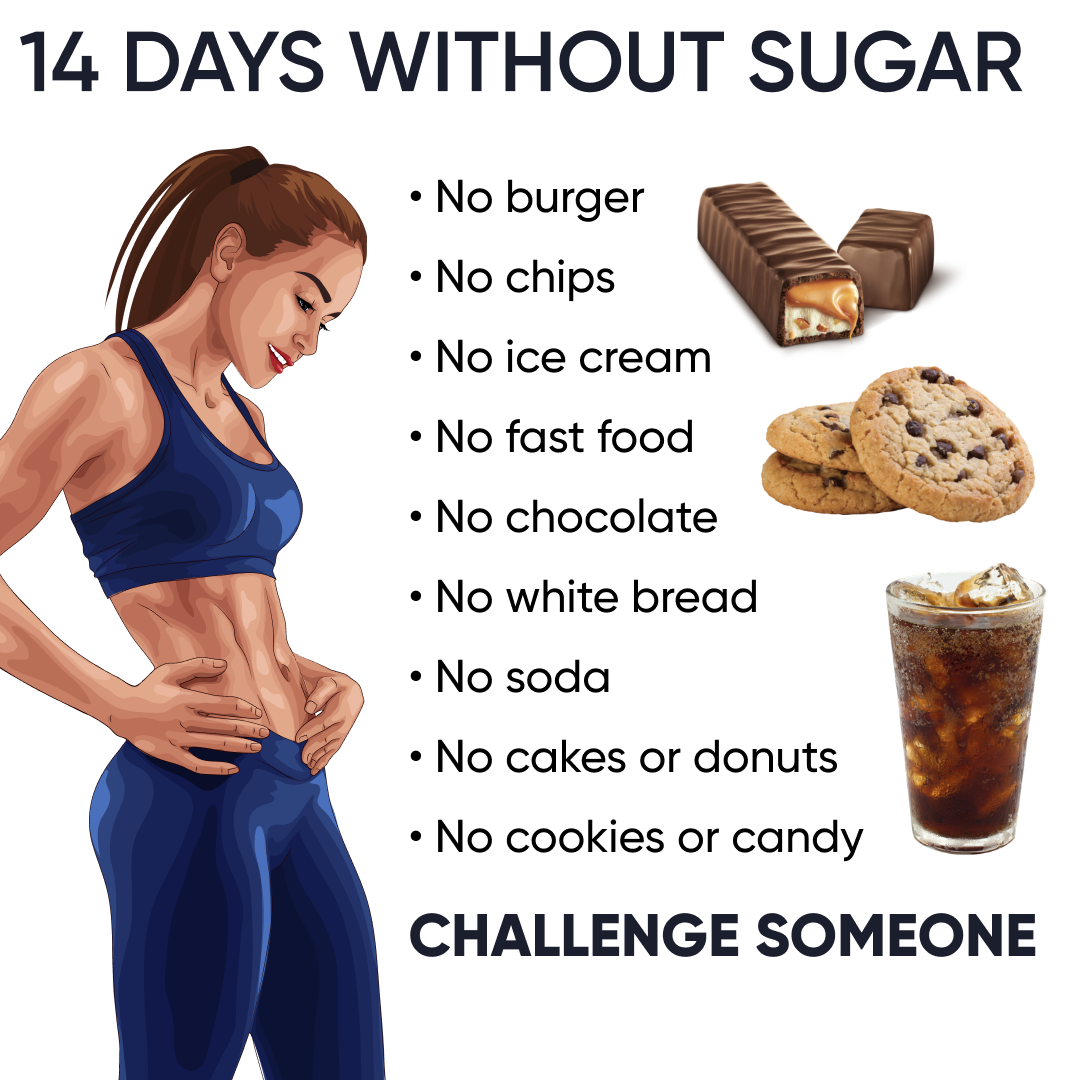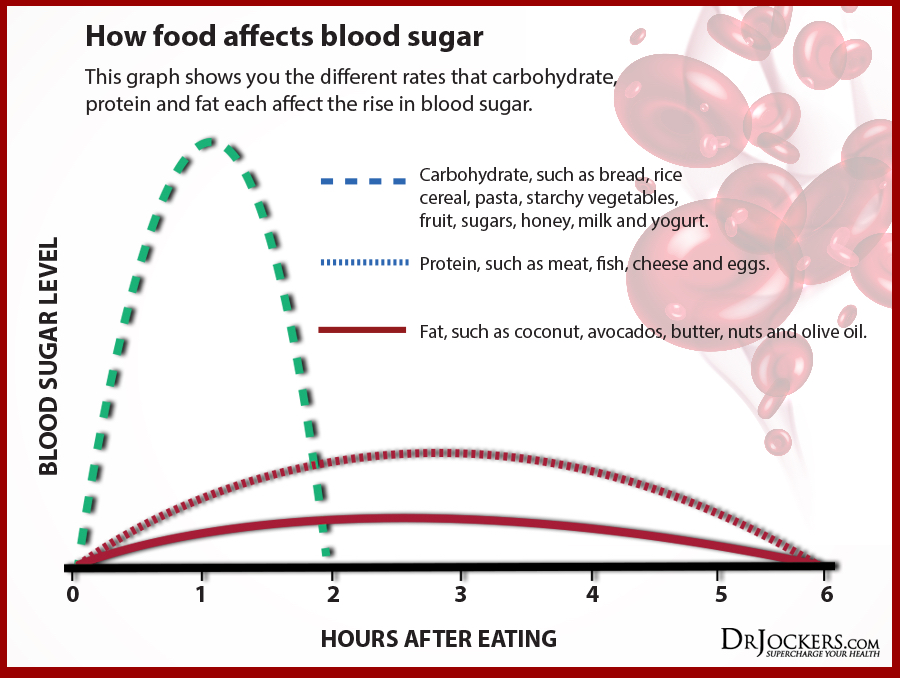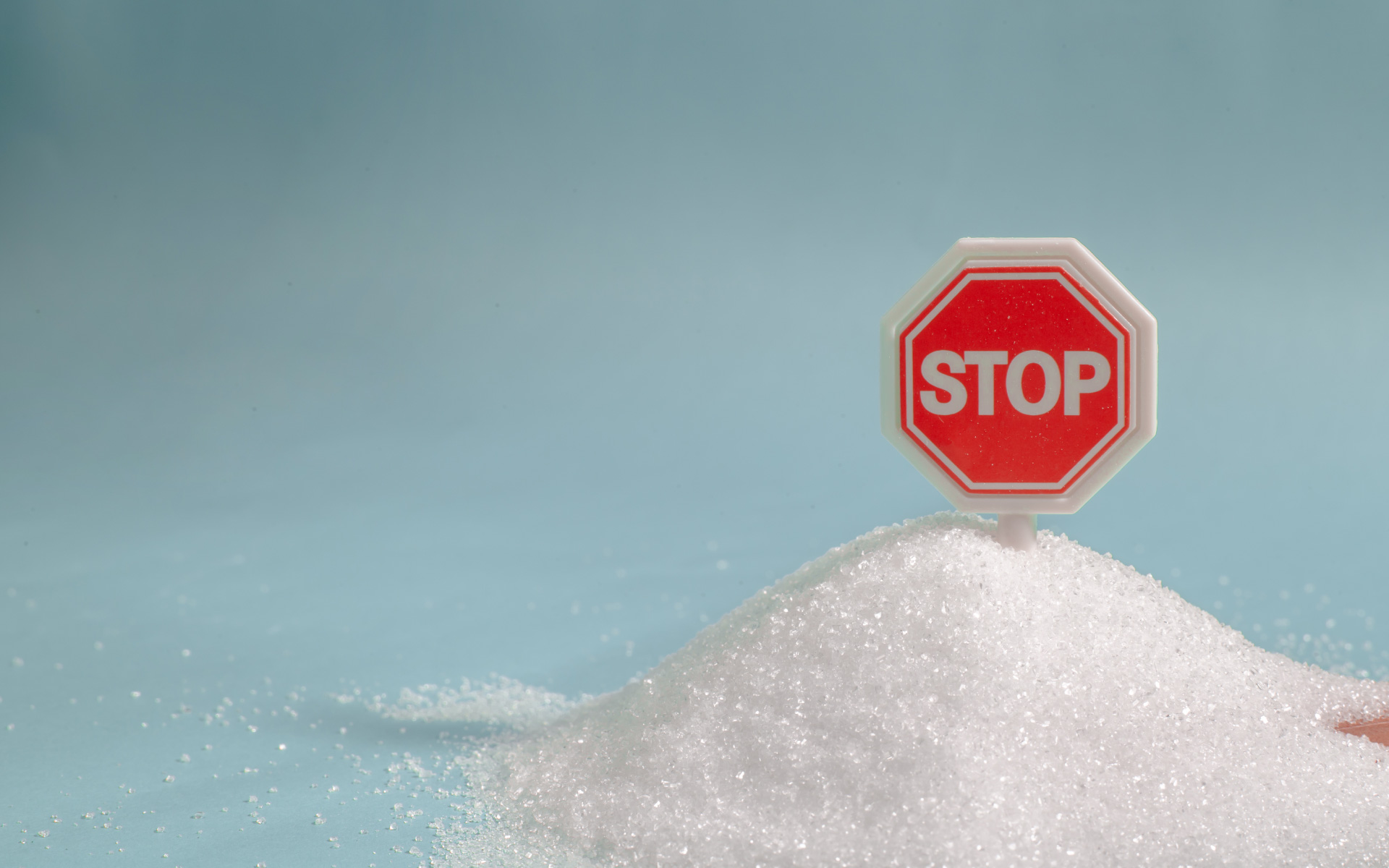The goal is to aim for 7 days with no artificial sugars of any kind. Less includes processed and packaged foods.
You may be able to continue for longer, or you may do 7 days take a couple days off and then repeat. It is also possible that you do 5 days, have one glass of wine Friday and Saturday or a small piece of birthday cake, due to celebrating someone during this period, and then repeat your 5 days. Should you adopt this approach for January, the benefits will be great and it shows you that it´s possible to get back on track after a weekend treat, which is completely normal. Natural sugar found in fruit and dairy is fine to consume.
Please consider completing the questionnaire on your membership page prior to the start of your challenge!
Use the private Facebook forum to post questions and inspire each other with your meals/drinks.
I will make short posts related to the topic of sugar now until the 19th January as well as answering any questions you may have until the end of the month.
Does what we eat matter?
This may seem like a strange question as everything we eat is broken down by the actions of the gut into sugars, amino acids (small parts of protein) and fats. So if everything is broken down to the same 3 classes of substances, why should it matter what we consume in the first place?
The problem lies in the change in what we eat. In particular the discovery of how to grow and process sugar.
The problem with sugar is the body loves it! Most of us have a sweet tooth. It´s a flavour that carries positive connotations. This was all fine when we only got sugar from seasonal fruit or a little raw honey, but today, much processed food has sugar added – this includes the “healthy bars” you will see in many stores. Breakfast cereals are loaded with sugars.
We generally have access to vastly more sweet foods and drinks than our ancestors, yet our biological make-up is the same. For our guts which are still the same as those before the pre-industrialised time, all this extra sugar is creating a lot of extra work for the body.
Sugar is fuel. Imagine throwing petrol on a fire; it flares up in a blast of heat and flames and then dies down just as quickly. It´s like that when we eat sugar. A surge of instant energy that sputters out. To cope with the inrush of sugar, the body also has to produce an equivalent rush of hormones, particularly insulin, to cope with the sugar. We rarely need this much sugar energy so the body has to do something with it. The first thing it does is chain the sugars together again to make another compound called glycogen which is stored in the liver and becomes an “energy store”.
For those trying to reduce body size this is where the body need to learn to be “metabolically flexible” in using fuels. Our bodies will always go to glycogen stores first and only after these are used up (which is after about an hour of exercise) the body then starts to burn fat as fuel. Some of us burn sugars more easily than others. The same goes for fats. This depends upon our genetic make-up.
Unfortunately the body can turn sugar into fat more easily than any other substance – even more easily than the fat we eat.
Good fat sources should not be avoided and are more beneficial than a spoonful of sugar (a fruit yogurt with contain several spoons of sugar!) Fat protects our nerves acting as an insulator, and coats every cell in our body as the main constituent of the cell membrane. 60% of our brain is fat.
Nourish yourself with extra virgin olive oil, avocados and seeds.
Enjoy your sugar free journey and SHARE, SHARE, SHARE thoughts, recipes and more!


